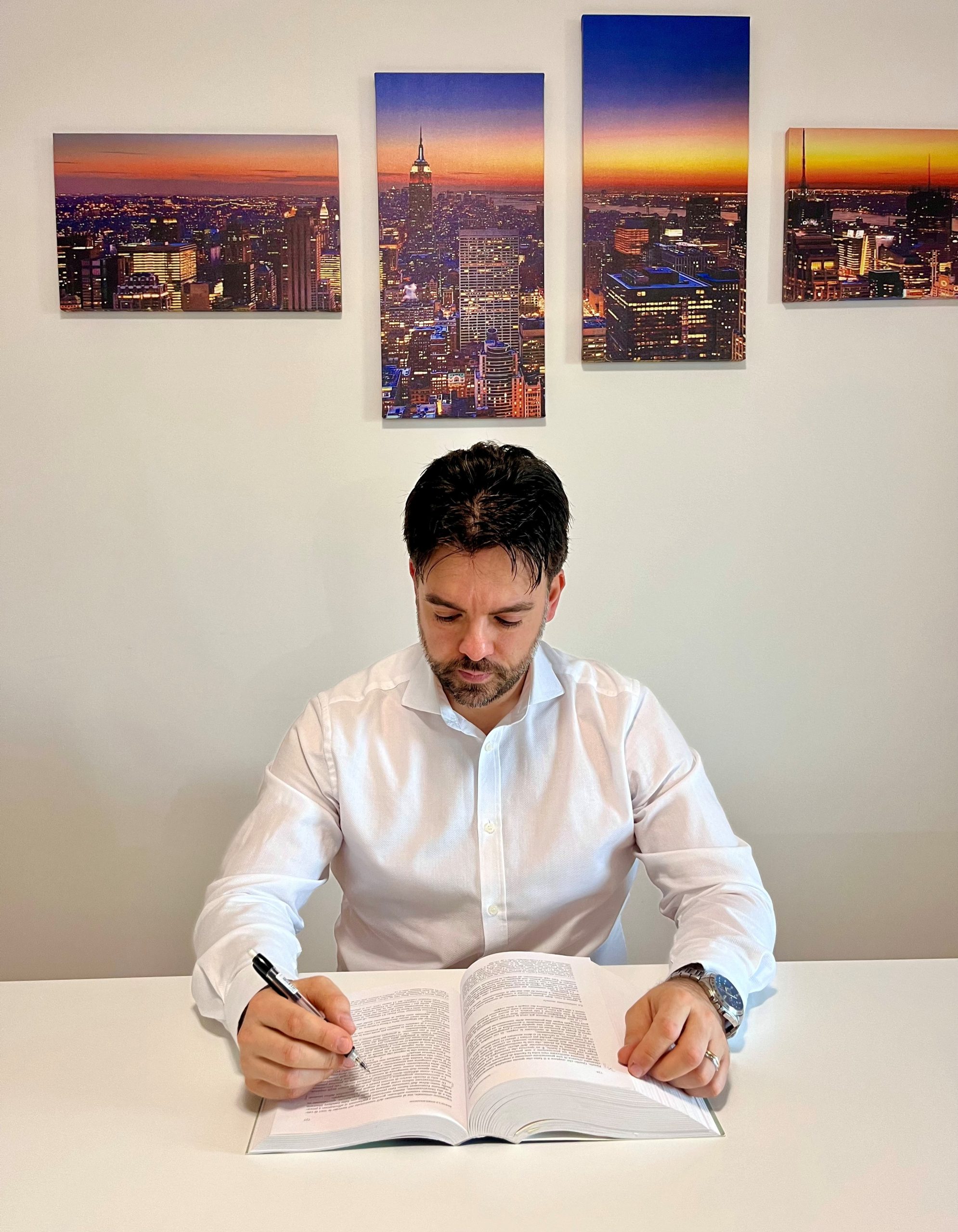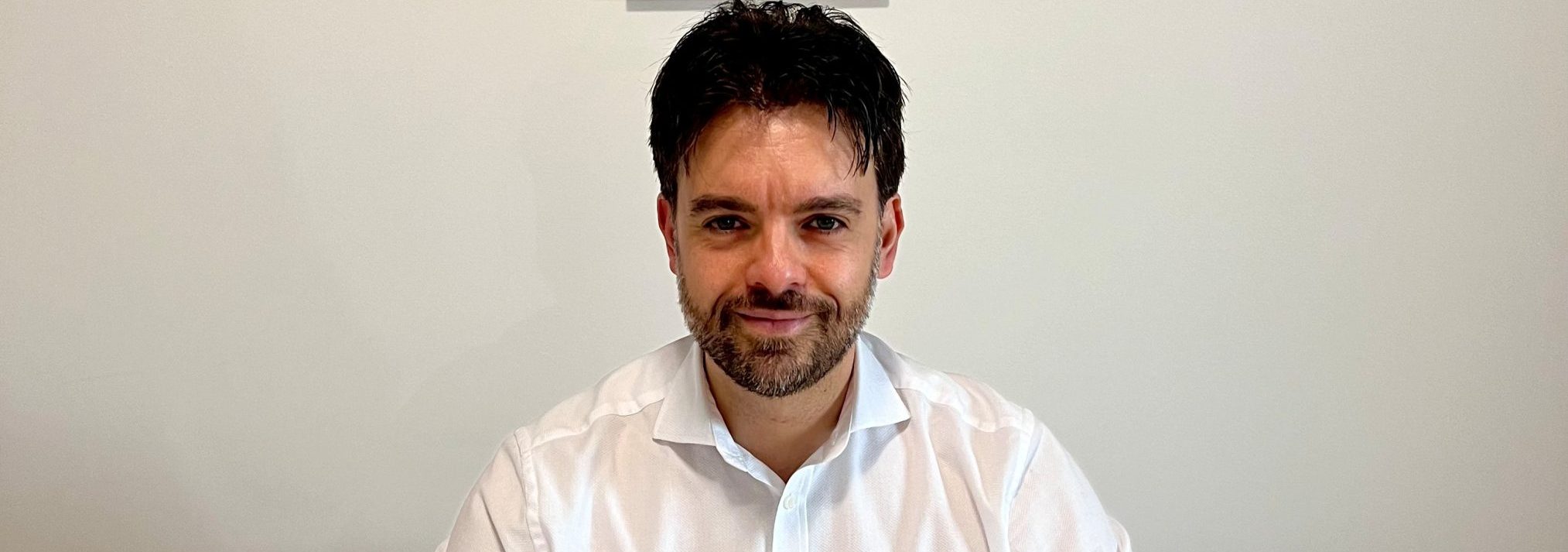Angelo Licameli, Christian apostles and leaders responding to the theoretical and existential challenges of mankind
I still remember the hours spent with high school friends questioning and debating the big questions and the meaning of life. No less inflamed were our discussions when we talked about abortion, sexuality, contraception, euthanasia. I believe that it was precisely in those moments and others in which I had my first family experiences of illness and death that the seeds of the desire to really “enter” into these issues were sown, and not only intellectually…
I believe that having continued my studies in medicine, first, and in gynaecology, then, was an important first step in trying to satisfy this desire and find the answers to the many questions. If obstetrics gave me the privilege of contemplating the wonder of the dawn of human life, the years spent in gynaecology oncology wards and the experience in a hospice were instead an opportunity to enter more deeply into the mystery of pain and death.
Those years of training, which were indispensable for my professional, scientific and human growth, began to give me some tools to return to those questions that so fascinated me. However, from my earliest years at university, I have always felt the need to broaden my reflection and study in fields that “went beyond” the merely biological perspective.
I realised that biological knowledge is certainly an important pillar, but, at the same time, not sufficient to “reason about man” and the questions that concern him: if, on the one hand, biological knowledge provides elements to answer the question “what does man look like?”, it is certainly not sufficient to answer the questions “who is man?”, “what is his end?” and, again, “what is good and what is bad for man?”, ‘what helps and what hinders man from achieving his happiness?
In 2019, when I learnt that the Regina Apostolorum Pontifical Athenaeum was offering an advanced course in Bioethics, which was particularly popular with those who had already attended it and told me about it, I had no doubts about enrolling. From the very first lessons I realised that the universe of bioethics is even more fascinating and vast than I had imagined, and the experience I had during that year far exceeded my already high expectations.
Delving into current and previous models of bioethics, I realised how different the conclusions of ethical reflections can be between them, and, even more so, how much I fully identify with the ontologically grounded personalist model, elaborated by Bishop Sgreccia and adopted by the Athenaeum. The “service to human life”, which I have always tried to cultivate during my years of study and work, thus came to find in this model a philosophical, rational systematisation: elements, these, indispensable for intercultural and universal dialogue.
But you know, time seems to fly when you have a wonderful experience, and this was also the case with the postgraduate course: on the one hand, it provided me with a broader and more multidisciplinary view of bioethics; on the other hand, however, it also helped me to realise that, for my aspirations and the values at stake, a more in-depth and systematic study of bioethics was necessary.
It is for this reason that, after a period of discernment, I made the decision to continue my studies by enrolling in the Licentiate in Bioethics, in the intensive mode, in 2024. After these first few months of the Licentiate I have only one regret: that of not having made this choice sooner!
The preparation and availability of the lecturers, the use of all kinds of technology to support the lessons, the exchange with students, who have now become friends, from all over the world, and the personalist perspective applied in every field are just some of the elements that are making this experience truly unique and precious.
Finally, after years of research, I have landed in the place where I can find that unifying and synthesising element, so that, increasingly, my training and experiences can be integrated and aimed at the service of truth and the human person. I believe that the transversality of the same method of bioethical investigation and the ontologically grounded personalist perspective are the two main elements capable of satisfying that desire nurtured since high school.
St John Paul II wrote in Evangelium Vitae that “even amidst difficulties and uncertainties, every man who is sincerely open to truth and good, with the light of reason and not without the secret influence of grace, can come to recognise in the natural law written in the heart the sacred value of human life from its first beginning until its end, and to affirm the right of every human being to see this primary good respected to the utmost”: I am certain that the adventure that began with the Licentiate in Bioethics, the fertile environment and the teaching methods chosen by the Athenaeum will certainly help me and my fellow travellers to grow more and more in our awe before the wonder of every human being.
Among the goals of the Athenaeum we can read that of ‘forming Christian apostles and leaders, both clerics and laity, in the service of the Church by bearing witness to the mystery of Christ, in full harmony with the Magisterium of the Church and responding to the theoretical and existential challenges of mankind’: attending the Athenaeum and the passionate people who work in it, I can testify that indeed this mission is pursued with every resource and is certainly supported by a grace that guarantees its achievement.
And a final thought I address to her to whom I entrust this adventure with hope and gratitude: Regina Apostolorum, ora pro nobis!





